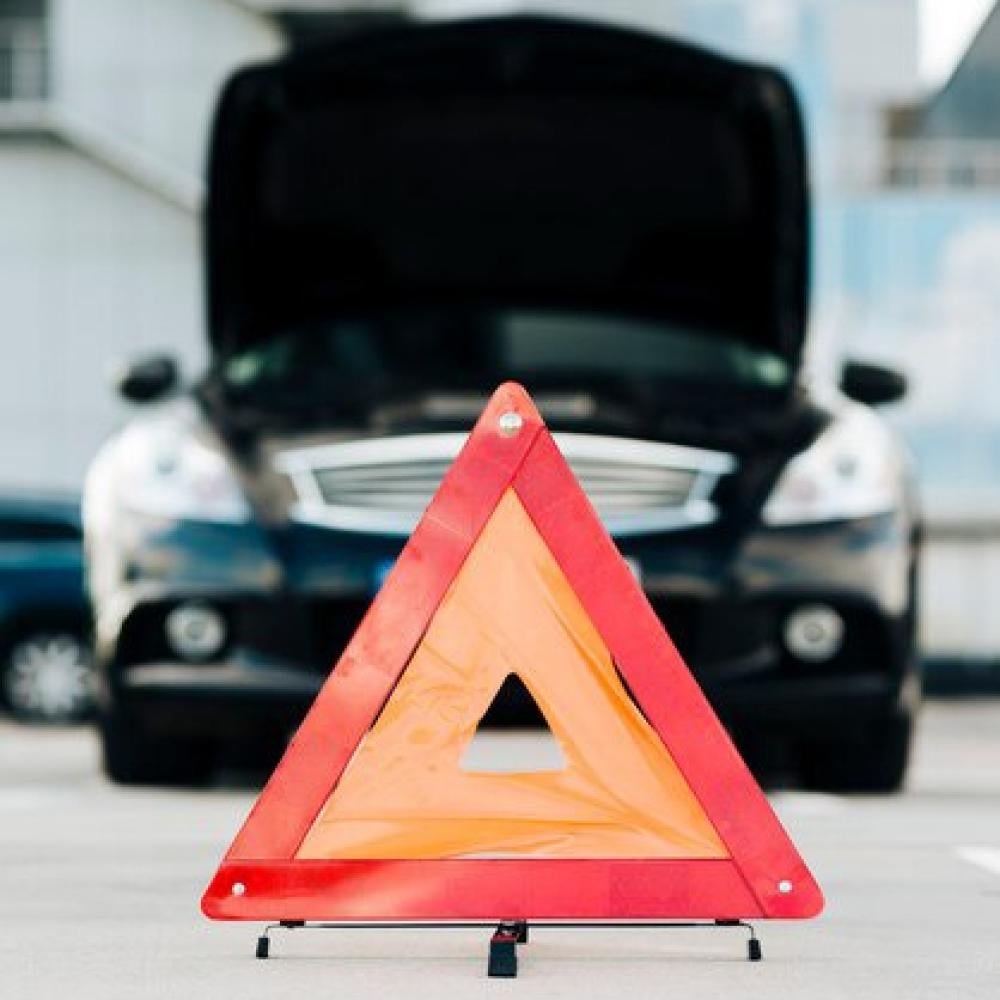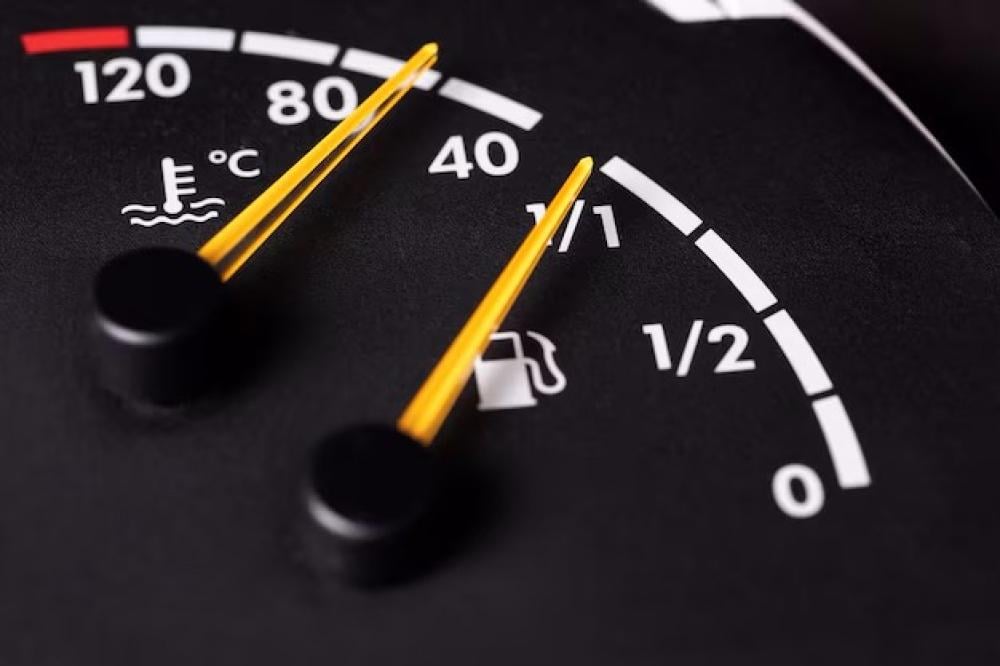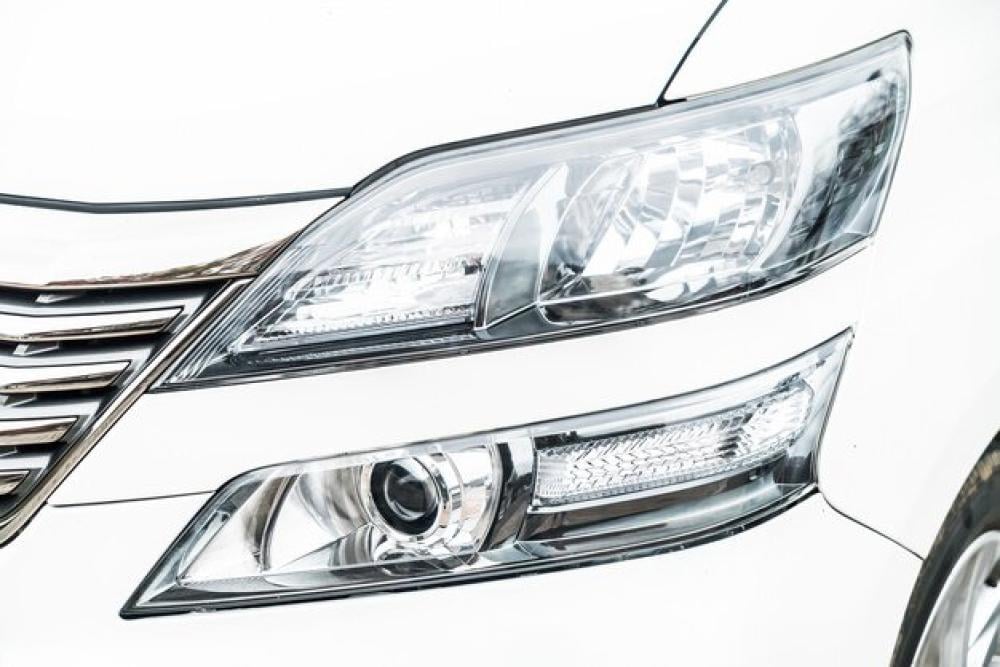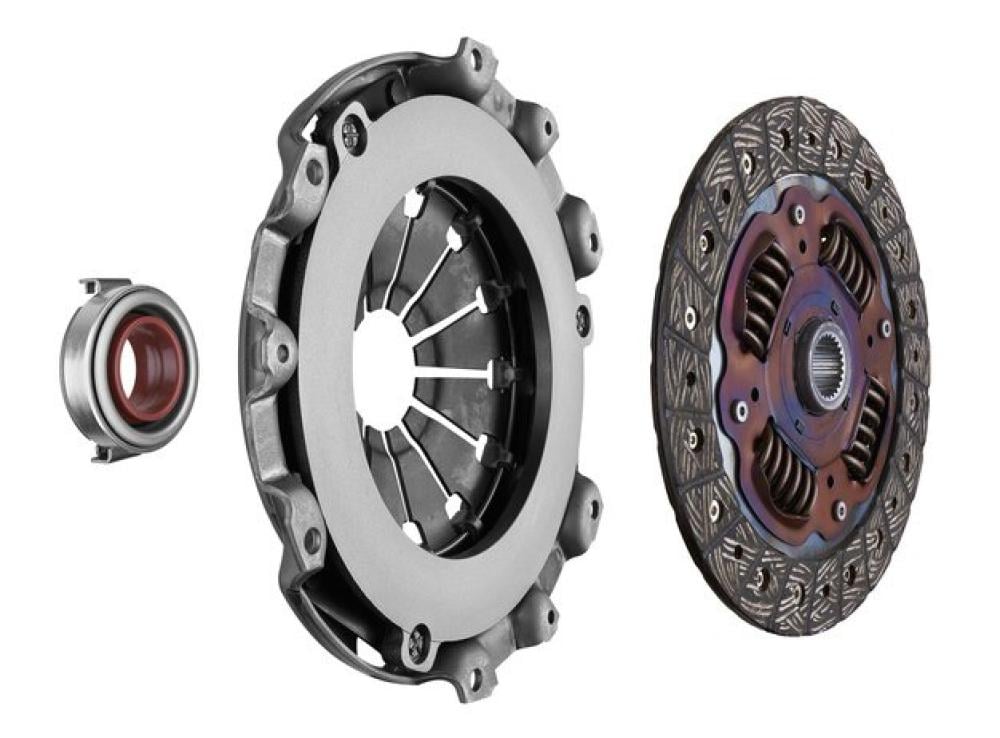
Important tips to protect your car from breakdowns: -1- Change the engine oil regularly.Changing your engine oil regular...
Important tips to keep your car from breakdowns
Important tips to protect your car from breakdowns: -
1-


The fuel gauge is an essential part of your car's fuel system , helping you monitor how much fuel is left in the tank. However, the gauge can sometimes malfunction, putting you at risk of being stuck in the middle of the road without fuel. Here we review the most important reasons that lead to the malfunction of the gauge in your car.
Cable damage is one of the reasons for the failure of the gasoline meter, when it breaks or is exposed to corrosion due to many reasons, the most important of which are: -
1- Direct exposure to sunlight and high temperatures, which leads to the erosion of the external insulation of the cables and the corrosion of the internal wires.
2- Leaving the car in the sun for long periods without protecting it, which causes damage to the cables and the meter.
3- Leakage of liquids or chemicals on the cables, causing them to corrode.
4- Natural wear and tear over time, as cables become brittle, crack and break, causing the meter to stop working.
To avoid damage to the cables and the car's fuel gauge, you must perform periodic maintenance on the car and ensure the safety of the cables, and protect them from high temperatures and exposure to chemicals.
You can also use a car cover to protect it from sunlight. Be careful when connecting the cables and do not expose them to strong shocks.
The fuel sensor is one of the important factors that affect the operation of the fuel meter. Among the most important reasons that can cause damage to the fuel sensor and the car's fuel meter are:
2- Chemical accumulations and sediments inside the tank where the fuel is stored, which leads to damage to the fuel sensor.
3- Using unclean or unsuitable fuel, as some types of fuel may contain impurities that affect the fuel sensor and cause damage.
4- Damage to the cables connecting the fuel sensor to the meter, as these cables may be damaged due to exposure to weather factors and temperature fluctuations.
4- Natural wear and tear over time, as the fuel sensor can be damaged due to long use and natural aging of materials.
To avoid damage to the fuel sensor and fuel gauge, regular maintenance of the car should be done and make sure the fuel sensor and gauge are in good condition.
It is also recommended to use clean fuel suitable for the car, clean the tank periodically, and exercise caution when using the car to maintain the safety of vital components for the car to operate properly.

Important tips to protect your car from breakdowns: -1- Change the engine oil regularly.Changing your engine oil regular...
Important tips to protect your car from breakdowns: -
1-

What is the function of the front and rear lights?Headlights play an important and fundamental role in ensuring the driv...
What is the function of the front and rear lights?
Headlights play an important and fundamental role in ensuring the driver's v

The clutch plate transfers motion from the engine to the wheels via the gearbox during acceleration and during stopping.
The clutch plate transfers motion from the engine to the wheels via the gearbox during acceleration and during stopping.

فضلا عند عدم وجود طلبك راسلنا عبر الرقم الخاص 966543260003+